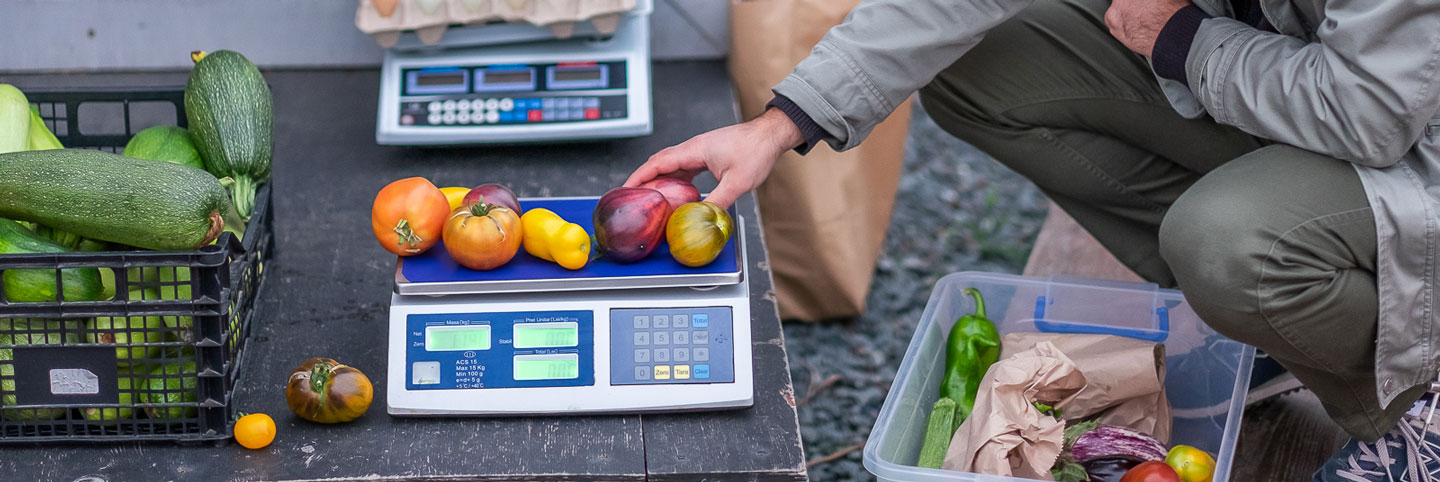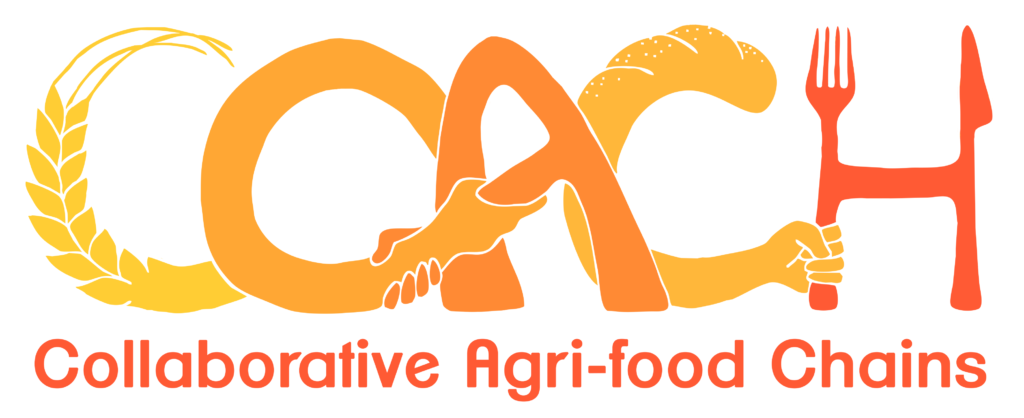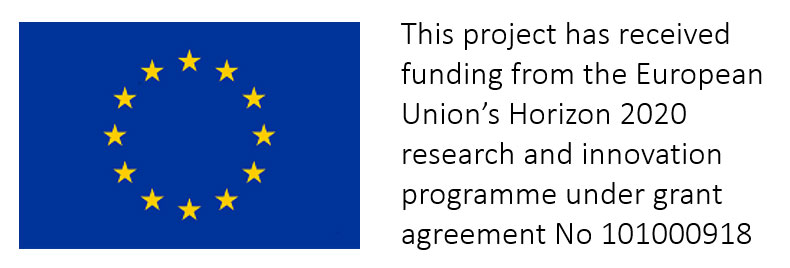
Learning Module on
Costs & Benefits
The increasing geographical, cultural, information distance between production and consumption, coupled to the negative effects of food system industrialization on equity and fairness, environmental degradation, and loss of social relations, are at the basis of the criticisms brought to light by the emergence of short food supply chains (SFSCs) In the last years, SFSCs have been gaining increased popularity. Consumers begun to wish to reconnect with the source of their food, while farmers and other small-medium companies, often in a weak position, want to increase their share of value added, bypassing intermediaries. SFSCs aim at re-connecting farmers and producers to consumers, reducing the physical, organizational and/or social distance between producers and consumers. The world of SFSCs encompasses a wide range of initiatives, with different characteristics and operating methods: on-farm sales, farmers’ markets, community supported agriculture (CSA), solidarity purchasing groups, producers/consumers’ cooperatives, and many other hybrid forms. The leading actors of SFSC initiatives can be farmers and other producers, consumers, and public bodies and NGOs too. Many are the potential impacts SFSCs may have on the economy, the society and the environment, and many are the benefits, but also the costs that they can generate for food producers.
This Learning Module on Costs & Benefits aims at guiding producers to increase their knowledge and consciousness about costs and benefits they have from participating to SFSC initiatives, and better understand and assess the consequences and impacts on economic, social, and environmental aspects.
For this purpose, this Learning Module provides some user-friendly tools to assess impacts, with particular reference to the Sustainability Self-Assessment App, freely available on-line to everyone, and designed to be used by SFSCs producers and their collective organisations to qualitatively self- assess the impacts of their multiple marketing options in terms on economic, social and environmental sustainability.






